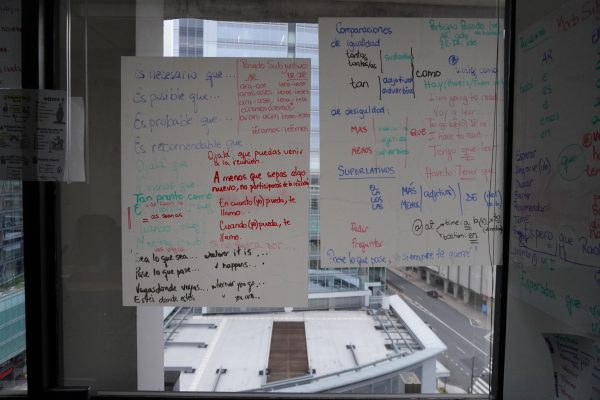Ever wondered what you can do to increase your chances of being chosen for a job in the translation industry? In this blog post, we outline how to get translation or interpretation jobs.
Beyond the Resume
You may know that you are a highly skilled translator or interpreter, but sometimes there is more to pay attention to than just your resume and test scores. For some companies hiring translators and interpreters, the most important thing you can do is build a relationship with the Project Manager.
As is normal procedure, the person hiring you will certainly look over your resume. They will want to know your experience, your level of certification, and any specialties you have. However, if there’s someone else with your same qualifications that has also built up a trusting relationship with Project Manager, they could have an advantage.
What Managers Want
Translation Project Managers value clear, consistent communication from their translators and interpreters. They want to get responses back if they reach out about a job opportunity. They want to know how things are going along the way. For example, if you run into any questions or if you need help. A Project Manager can’t offer assistance if they don’t know the situation.
They also want you to deliver or show up when you are supposed to. They’re looking for not only highly skilled translators and interpreters, but ones that are very reliable, professional, and trustworthy. Ones that are easy to work with and ones they are confident putting their trust in to get their clients what they are looking for.
Interpreter Interactions
Translators may end up doing most communication and work electronically, but interpreters often have face-to-face interaction. When they show up for a job, they are also making an impression on the client. Sometimes that client can’t tell whether your language skills are extensive, but they do notice whether you show up on time, how professionally you dress, how you carry yourself, and how well you deal with problems that may arise in the situation. Interpreters have the opportunity to not only work on their relationship with a Project Manager, but also with clients.
Sometimes clients will give feedback to Managers that they didn’t like an interpreter for one reason or another. Managers know that clients often don’t know what makes a good interpreter, so they will check with you on what happened. An interpreter who already has a good relationship with that manager will be able to easily explain the situation and the manager will understand.
Interpreters that do have good experiences with clients will often be requested again for the next job the client needs. This is why it is critical to build relationships not only with managers but directly with clients. When thinking about how to get a translation or interpretation job, remember that people skills can end up being just as important as technical skills.
For more DLS, check out other blogs and visit us on Facebook, LinkedIn, Instagram, or Twitter!




